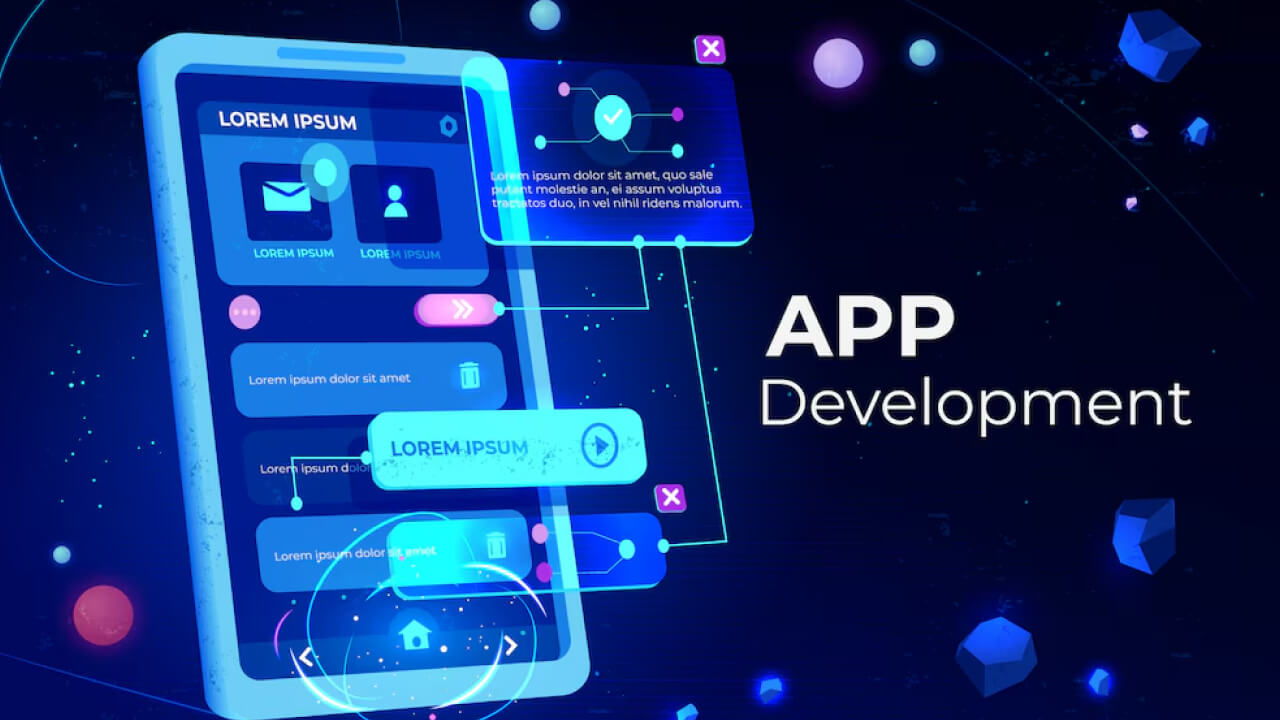In today's fast-moving digital world, businesses are looking for smarter, faster, and more cost-effective ways to create apps that work across multiple devices. This is where cross platform app development comes into play.
But what is cross platform app development exactly? In simple terms, it’s a method of building mobile or web applications that can run on more than one operating system—like Android, iOS, and Windows using a single codebase. That means instead of writing separate code for each platform, developers write it once and deploy it everywhere. Cool, right?
This approach saves time, money, and effort, making it a go-to solution for startups, agencies, and big enterprises alike. Whether you’re building a shopping app or a project management tool, cross platform development helps you reach a wider audience without doubling your workload.
1. How Cross Platform Development Works
When we talk about cross platform development, we're referring to frameworks and tools that allow developers to write code once and reuse it across platforms. This is made possible thanks to technologies like:
- React Native
- Flutter
- Xamarin
- Ionic
- Cordova
These tools translate your code into native-like apps that run smoothly across devices. For instance, React Native uses JavaScript to build apps that render using native components on both iOS and Android, while Flutter uses Dart and compiles into native ARM code.
The result? Apps that feel and function almost like fully native ones, but take significantly less time to build and maintain.
2. Benefits of Cross Platform App Development
Why are so many businesses and developers adopting this method? Here are the top benefits:
1. Faster Time to Market
You don’t need to build two or more separate apps. A single development process speeds things up dramatically.
2. Cost-Efficiency
One team, one codebase less time spent coding and fewer resources needed.
3. Wider Reach
You can target both Android and iOS users from day one, doubling your market access.
4. Easier Maintenance
Updates and bug fixes are easier to roll out because you're working with a single codebase.
5. Consistent UI/UX
Using shared components and design libraries ensures a similar user experience across platforms.
Also, learn more about the The Leading iOS App Development Company
3. Drawbacks to Consider
While cross platform app development has its perks, it’s not always perfect. Some limitations include:
- Performance issues in very complex or resource-heavy apps
- Limited access to some native features or hardware APIs
- Platform-specific bugs that need to be handled separately
That said, for most typical business applications, these issues are manageable and well worth the trade-off.
4. Popular Cross Platform Frameworks
1. React Native (by Facebook)
Ideal for apps that require a near-native experience. It’s fast, flexible, and widely adopted.
2. Flutter (by Google)
Known for beautiful UI, high performance, and fast development cycles. A rising star in mobile development.
3. Xamarin (by Microsoft)
Great for .NET developers who want to use C# to build native apps with a shared codebase.
4. Ionic + Cordova
Best for hybrid apps that lean more toward web technologies like HTML, CSS, and JavaScript.
Each framework has its strengths and ideal use cases depending on the project type and team skill set.
Attention: Looking for Seamless Cross-Platform App Development?
Are you ready to take your app idea to the next level, with a solution that works across all devices? We specialize in creating custom cross-platform apps that deliver a consistent, high-performance experience on both iOS and Android without the hassle of building separate apps for each platform.
Whether you’re looking to create something new or optimize an existing app, our team is here to help you achieve your vision. We’ll ensure your app is fast, intuitive, and ready to engage users across the globe.
- Explore Our Work: Our Work
- Reach Out Today: eCare Infoway
5. Is Cross Platform Right for You?
If your goal is to build a business app, eCommerce platform, social media tool, or any general-purpose app that doesn’t require ultra-complex animations or deep hardware integrations, cross platform app development is likely your best bet.
However, if you’re building a high-performance mobile game or a very specialized app that requires full access to native device capabilities, going fully native might be the better choice.
Conclusion: Why Cross Platform is the Future of App Development
So, back to our original question: What is cross platform app development? It’s a smart, efficient, and scalable way to build apps that reach users across multiple platforms without starting from scratch every time.
With the right tools and strategy, cross platform development can significantly cut your time-to-market, reduce costs, and expand your user base making it a powerful choice in today’s mobile-first world.




